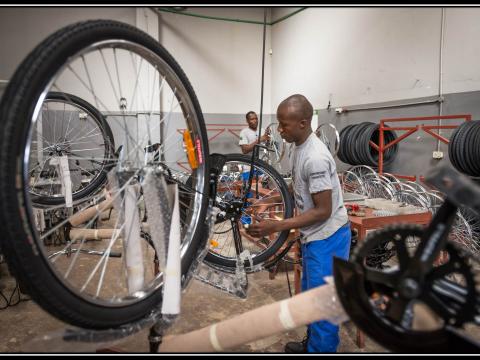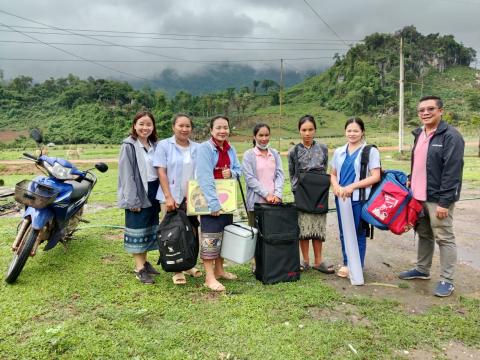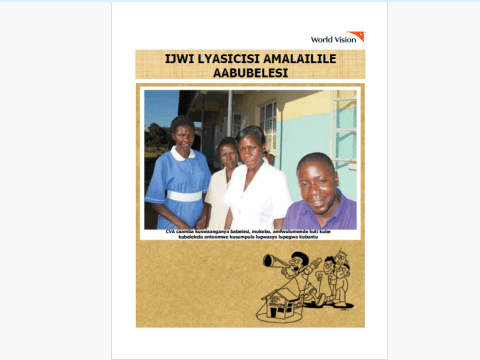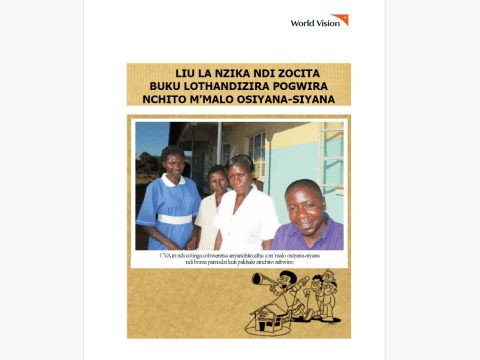BEEP Quartely Report Chongwe, 2016.
Download
Education is essential to end the cycle of disease and poverty in developing countries. Girls’ education and empowerment is also recognised globally as being important to a country’s social and economic development.
The Bicycle Education Empowerment Program (BEEP) is an education and transportation centered program with the goal of improving education outcomes in students and households living in rural areas. The first BEEP was initiated in Zambia in 2009 when the World Bicycle Relief (WBR) engaged with the Ministry of Education to discuss the challenge of distance experienced by school-going children in rural areas.
The Ministry relayed that many students were forced to walk 10 to 15 kilometers each day to reach their schools and that girl children had the extra burden of completing house chores prior to setting off for school.
The challenge of distance resulted into increased tardiness, absenteeism, exhaustion and often the complete withdrawal of the child from the educational system. While the scope of this problem is broad, one way to immediately increase school enrolment and children’s well-being is safe, reliable transportation.
The Bicycle Education Empowerment Project (BEEP) which phased out in most ADPs in 2012 greatly contributed to improvements in not only children’s school attendance, but has also empowered families economically e.g. where families have been able to transport crops from fields and gardens to markets and has improved families’ access to health services, care giving to people affected by various illnesses such as HIV/AIDS and participation in meetings at church, schools etc.
Over 23,000 bicycles were distributed to school going children, teachers and community members.
Attached is a quartely report for Chongwe ADP.



